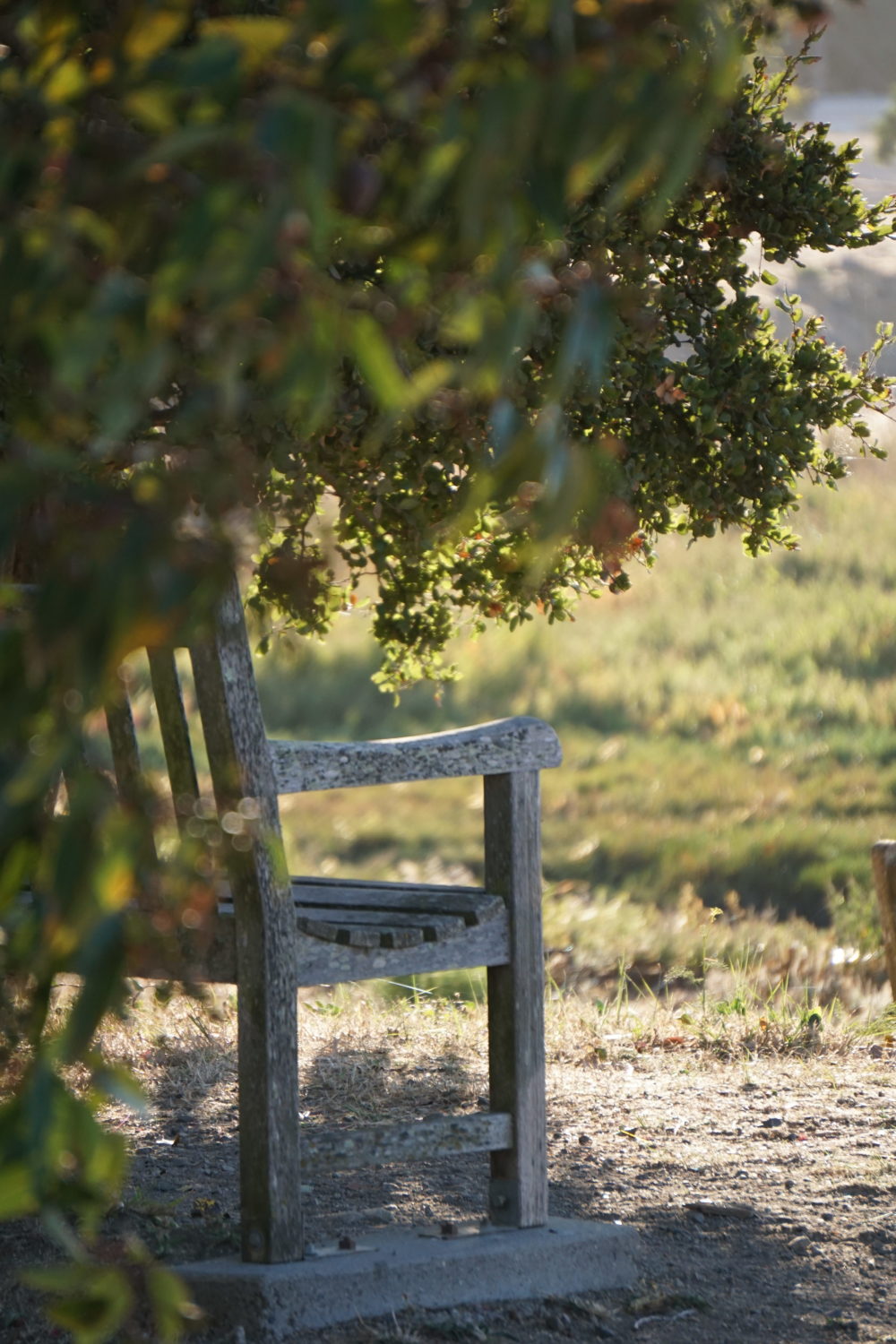A few people said to me recently that we need to start talking about it. By “it” they mean our experience with intuition—a type of knowing that comes in a variety of ways. It might be synchronicities, for example, or bodily sensations, a heightened sense of smell, visions, dreams or sudden insights without a known stimulus.
These are common human experiences across time and cultures. Anthropologist Charles D. Laughlin, in his book Communing with the Gods: Consciousness, Culture and the Dreaming Brain, says of the approximately 4000 cultures in the world, 90% seek and value alternate states of consciousness, especially dreams (p. 64). Because intuitive experience is a normal part of life, it’s built into education, community events, ceremony and other societal practices and has uses for both individuals and the society as a whole. Even pre-industrial Western societies valued the intuitive. The ancient Greeks consulting the Oracle at Delphi is one of the most commonly known.
In industrialized, materialist Western culture though, intuition is denigrated and denied or relegated to the fringe—which is why we don’t talk about it. Some forms of intuition are used in psychotherapeutic healing or in spiritual counseling. And of course there are studies of the paranormal and groups that focus on dreams or other psi phenomena. But in the main, intuition doesn’t have an acceptable place in modern secular mainstream life.
In her book, Extraordinary Knowing: Science, Skepticism, and the Inexplicable Powers of the Human Mind, psychologist Elizabeth Lloyd Mayer used the example of a world-renowned neurosurgeon whose patients never died in surgery. He stopped teaching students because he needed to keep the way he did it secret for credibility and he didn’t know how to teach his method anyway. What was his method? He sat beside his patients’ bed until he saw a white light appear around their head. That was the cue it was safe to operate.
This is what we lose because of our cultural reticence. Maybe this neurosurgeon has a gift that can’t be replicated. But how would we know if we don’t talk about it, explore it, test how it works and see if others can be taught or if it occurs naturally even if in different forms?
There’s no shortage of world-changing discoveries originating in dreams or reverie—that altered state of consciousness where logic takes a back seat. It happens by chance though—usually when the person is emotionally and intellectually engaged in a subject or relationship– and it’s not typically known about until the person’s credibility is well established—even if then. How much more power, potential and knowledge might we discover if Western culture embraced this human capability and learned to work with it?

